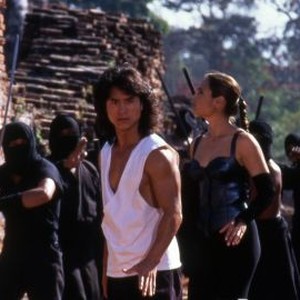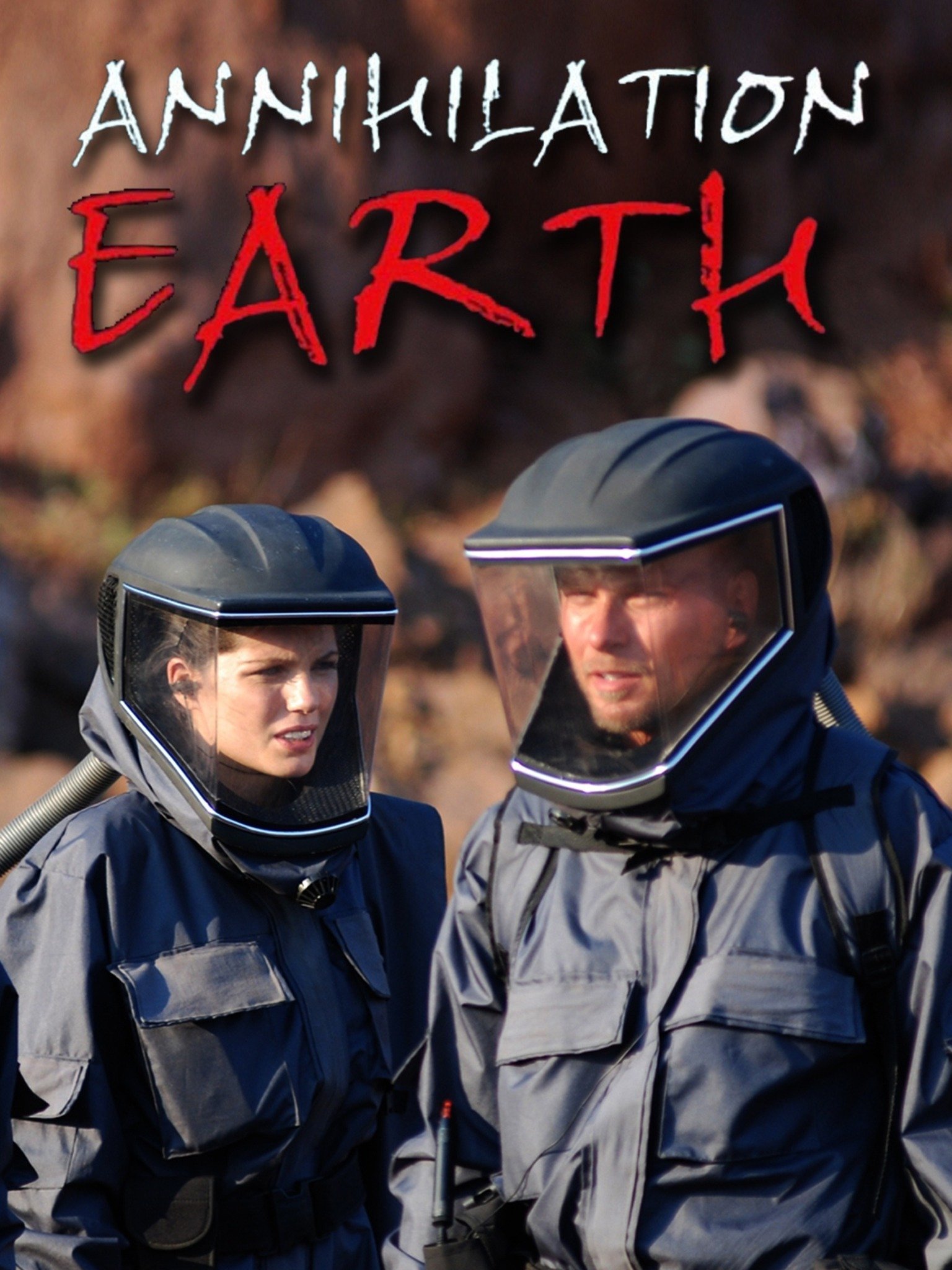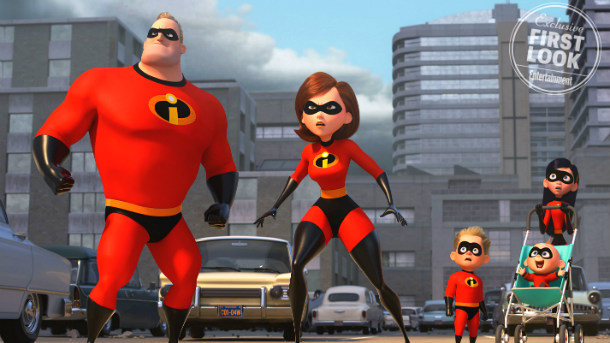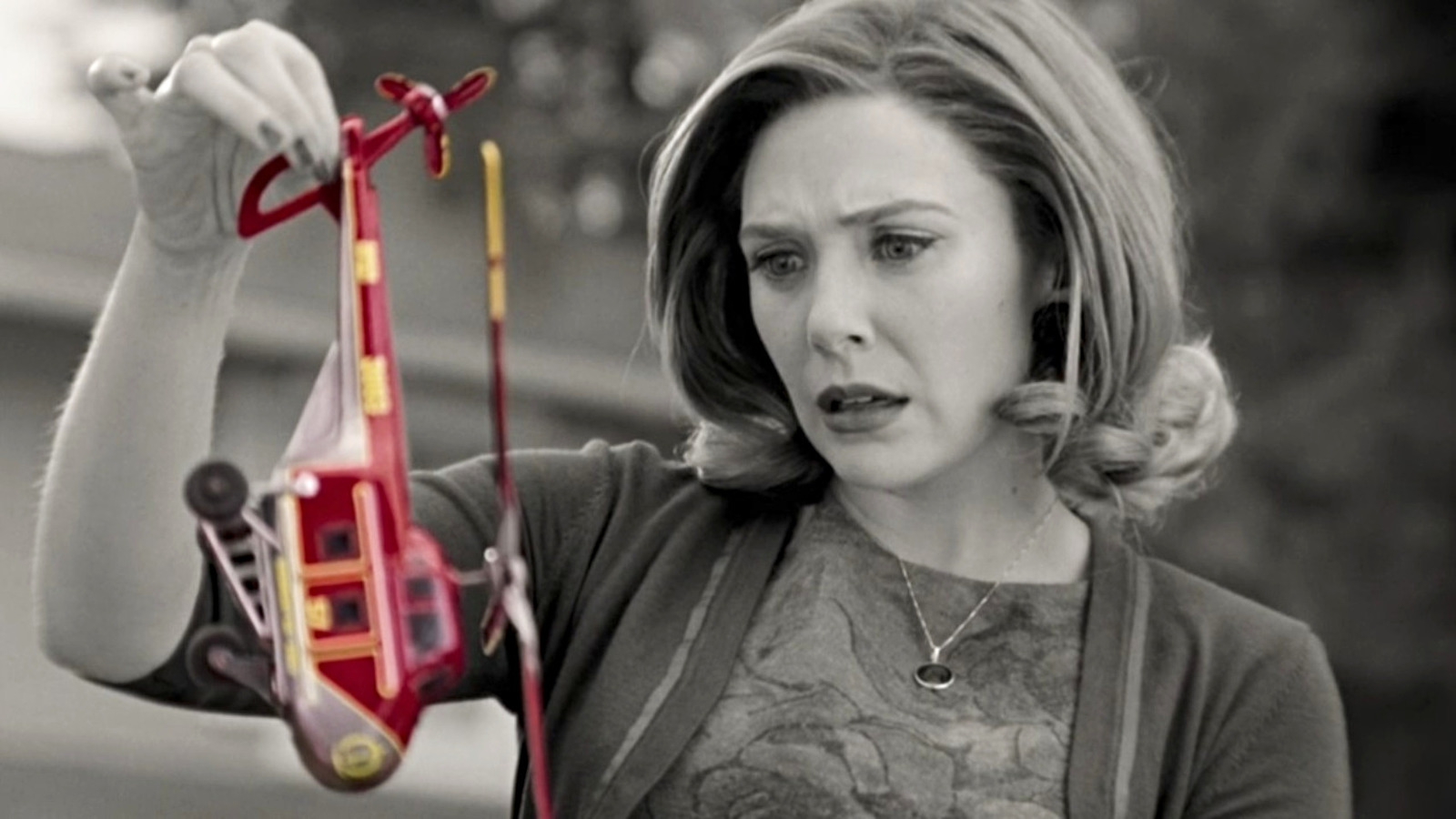

Old Georgie, played by a ghoulish and terrifying Hugo Weaving, espouses that the “weak are meat, and the strong do eat” is present in our partisan ethos, as LGBTQ rights are attacked and as many watched the Brett Kavanaugh hearings. The fear against global warming, one of the underlying themes of the film, is in the forefront of the globe’s consciousness. Today, the tenants of 2018 appear ripe for such rallying cries. As Adam Ewing (Jim Sturgess) says to his slave-owning stepfather Haskell Moore (Hugo Weaving), “What is an ocean but a multitude of drops.” It posits that though the individual’s actions may only be meaningless or futile, they still must add their bits. Cloud Atlas is all about the hope in change, running counter to public sentiment. The belief in change and progress appeared stymied. It was released at the beginning of Barack Obama’s second term, when the message wasn’t hope, but disillusionment. Also, its larger themes of unrequited love, hope, and the fight against tyranny were not as prevalent in 2012. The belief in a common humanity resonates more so today in our current political climate. Ewing and Autua transcend the racial prejudices of antebellum America. Zachry and Meronym find love, though they are of different classes and beliefs. Nevertheless, maybe that’s the point? The film propagates the interconnection of humans, that we are all the same and many of the differences are superficial, at best. The casting decisions were a problem then, and would be an even bigger issue for today’s diversity casting movement.

That means you get Bae playing a Mexican woman who’s called a wetback or Jim Sturgess as Hae-Joo Chang. To keep cost low, and probably to have some continuity, every actor was asked to assume multiple roles, nationalities, and, sometimes, races. Cloud Atlas is dependent upon a sextet of interlocking timelines, thereby exploring reincarnation. There was only one flaw, ironically, diversity.

The cast, hailing from England, America, South Korea, and China (Zhou Xun) and comprising African-American, White, and Asian leads, with transgender directors, is one of the most diverse blockbusters ever. The Wachowskis were not only able to cast their usual suspect, Hugo Weaving, but also, Tom Hanks, Halle Berry, Jim Broadbent, Hugh Grant, Ben Whishaw, Susan Sarandon, Keith David, and Doona Bae, with many of them taking pay cuts. The film still boasts an impressive, yet troubling cast. From the casting, to its quintessential and universal themes, and the financial trouble behind it, Cloud Atlas really is the perfect film to sum up 2018. Cloud Atlas was caught in the cross hairs of this changing landscape, signalling a shift in the kinds of films that were financed and the careers of the siblings. The film was ill-suited for 2012, when cinema’s economic system was re-tooling itself on the fly (and still is).

Today, Cloud Atlas is either known as genius or misbegotten fantasy, sporting a 66% on Rotten Tomatoes. I personally have loved it, just for its pure ambition, since the day I watched it 6 years ago.īased on David Mitchell’s novel, the film would go on to bust at the box office. Told in a sextet, it follows a group of six characters through centuries as each one, lightly connected through coincidence and fate, inspires the other to love, hope, and change the world around them. A sprawling 171-minute epic that was about, well, everything. Six years ago today, on 26 October, 2012, directors Lana and Lily Wachowski and Tom Tykwer released Cloud Atlas.


 0 kommentar(er)
0 kommentar(er)
